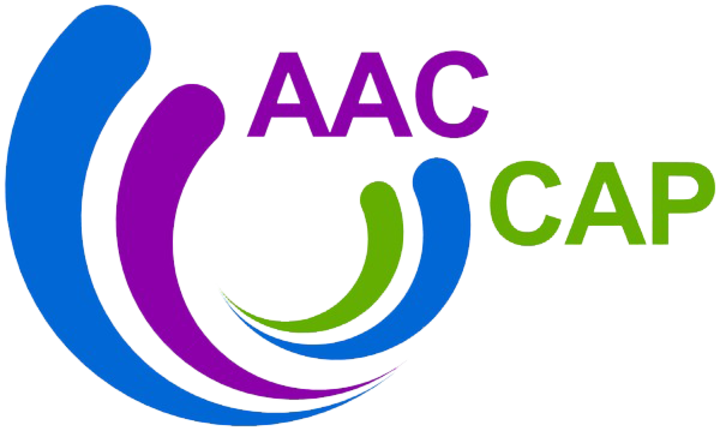
The Augmentative and Alternative Communication Clinical Assessment Project (AAC-CAP)
AAC-CAP is a three-year development project funded by the National Institute for Disability, Independent Living and Rehabilitation Research (Award # H133G130275). The goal of the project is to develop protocols to assist SLPs when assessing individuals for AAC systems. Dr. Kristy Weissling is one of four researchers collaborating on the project.

Augmentative and Alternative Communication Translation Lab
The focus of the Augmentative and Alternative Communication Translation (AACT) Lab is to consider the development and implementation of AAC devices for adults and children with severe physical impairments. The lab's long-term goal is to translate new AAC access technologies, with a primary focus on brain computer interface (BCI)-AAC technologies, out of the laboratory setting and into clinical practice by informing procedures regarding AAC assessment, intervention and display design for commercially available communication access technologies (e.g., eye-gaze, switch scanning), and then translating these findings to emerging AAC technologies. These efforts hope to support the smooth incorporation of BCI into existing clinical practices alongside existing AAC techniques, and support fully inclusive access options across the lifespan. Dr. Kevin Pitt is the director of the AAC Translation Lab.